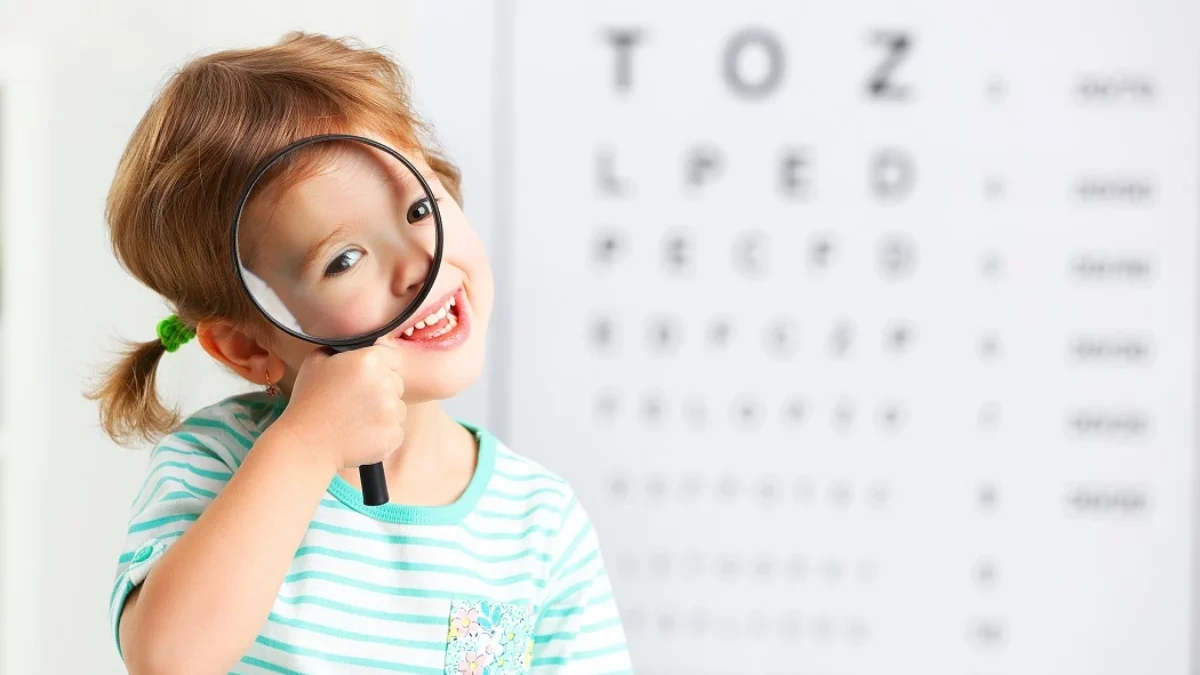All Categories
Featured
Table of Contents

Routine eye assessments are necessary for keeping good vision and spotting potential eye health concerns early. The frequency of these examinations can differ considerably based on a person's age, lifestyle, and overall health. Comprehending the advised timetable for eye exams can help make certain that individuals of all ages get ideal treatment and monitoring for their eye health and wellness.
Newborns and Toddlers (0-2 Years)
For kids and infants, eye exams are essential for identifying any kind of potential vision problems early on. The American Academy of Ophthalmology advises that a youngster's initial eye exam ought to take place at around six months of age. During this first go to, the eye treatment expert will analyze the youngster's visual advancement and check for any type of apparent eye issues.Following this first test, it is suggested that kids have one more eye exam at age 3. This visit will certainly concentrate on examining the child's general visual feature, consisting of eye alignment and the capacity to track objects. If no issues are identified, the next exam ought to be arranged prior to the youngster starts school, typically around age 5 or 6.
School-Aged Kids (6-18 Years)
When children get to school age, routine eye examinations must be arranged each to two years. Vision is critical for discovering and advancement, and many schools carry out vision testings. Nevertheless, these testings do not change a thorough eye test by an eye treatment specialist.For youngsters included in sporting activities or tasks requiring considerable aesthetic focus, yearly eye examinations might be recommended. Additionally, if a youngster exhibits indications of vision issues-- such as problem reviewing, squinting, or frequent headaches-- a check out to the eye doctor need to be scheduled as soon as possible.
Young Person (19-39 Years)
Young person typically have less vision adjustments than older age teams, but normal eye examinations continue to be vital. The general suggestion is to schedule an eye examination every two years throughout this duration. Individuals with certain threat factors-- such as a household history of eye illness, diabetic issues, or those who put on get in touch with lenses-- should take into consideration yearly eye tests.Additionally, those who invest considerable time on electronic tools might experience digital eye pressure. If signs such as dry skin, tiredness, or blurred vision take place, it might be a good idea to see an eye care expert quicker.
Adults (40-64 Years)
Grownups aged 40 to 64 ought to set up eye tests every one to two years. Eye exams can also assist discover other common age-related problems such as glaucoma, cataracts, and macular degeneration.If people in this age team have risk elements such as high blood pressure or diabetic issues, they may require more regular examinations to check their eye wellness closely.
Seniors (65 Years and Older)
For senior citizens, routine eye examinations become also a lot more crucial. The American Optometric Association suggests that individuals aged 65 and older have an eye test at the very least once a year.Verdict.
Recognizing the proper timetable for eye examinations based upon age is important for maintaining ideal eye health throughout life. From babies to senior citizens, routine eye evaluations play an essential role in finding problems early and guaranteeing that vision stays sharp. By adhering to these guidelines and consulting with an eye care professional, individuals can take proactive actions toward maintaining their vision and general health. Whether it's a youngster's first visit or a senior's annual examination, prioritizing eye treatment is a financial investment in lifelong well-being.Table of Contents
Latest Posts
Relied On Automobile Fixing in Chicago-- Quality Service, Fair Rates!
Published Feb 24, 25
1 min read
Create a Safe and Beautiful Boundary with Washington Fence
Published Feb 22, 25
1 min read
Enhance Your Residential or Commercial Space with Expert Fencing
Published Feb 20, 25
1 min read
More
Latest Posts
Relied On Automobile Fixing in Chicago-- Quality Service, Fair Rates!
Published Feb 24, 25
1 min read
Create a Safe and Beautiful Boundary with Washington Fence
Published Feb 22, 25
1 min read
Enhance Your Residential or Commercial Space with Expert Fencing
Published Feb 20, 25
1 min read